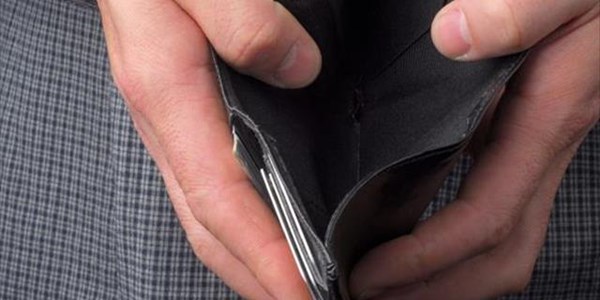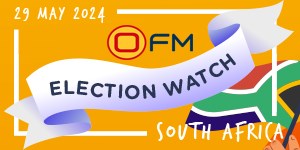Business
Rand has weakened sharply─── 13:55 Tue, 14 Jun 2016

Cape Town - The rand weakened sharply against the dollar following Reserve Bank data that showed the first-quarter current account deficit to GDP ratio widened to 5.0% from a downwardly revised 4.6% of GDP in the fourth quarter of last year.
"This is against the consensus and our expectations for a narrowing to 4.1% of GDP and is, thus, ZAR-negative," said Citi Research economist, Gina Schoeman.
By 11:55 the rand traded at R15.37 to the greenback, down 1.38% from its overnight close in New York.
While the trade deficit narrowed slightly to –R37.5 billion (Q4: -R41 billion) and the services deficit reduced to –R1.5 billion (Q4: -R3.8 billion), this was expected given the advance release of trade and services data by the SARB when StatsSA released the GDP, Schoeman said.
StatsSA last week reported South Africa recorded a negative growth rate of -1.2% in the first quarter of 2016, a far cry from the National Development Plan’s mooted 5%.
Schoeman said on Tuesday the negative surprise to Citi's forecast was a wider income deficit of –R136 billion (Q4: -R112 billin) and transfers deficit of –R36 billion (Q4: -R33 billion).
"The income deficit is now the largest on record, with direct investment receipts continuing to shrink and a big pick-up in dividend payments abroad. The latter is from non-direct investment which includes portfolio and other investment."
The improvement in the trade deficit was mostly due to export value (1.1%) outpacing import value (0.8%).
"Growth in both was due to a pick-up in prices: export price growth (2.9%) offset a 2.2% contraction in volumes, while import prices grew 2.4% while volumes slowed to 1.6%. A smaller services deficit was mostly due to a 9.0% increase in travel receipts in line with better tourism numbers and a weaker ZAR now that visa regulations have eased."
On a non-seasonally adjusted non-annualised basis, Q1’s current account totaled R60.9 billion.
"While we are encouraged that net portfolio investment picked up to R21.5 billion (Q4: -R11 billion) it is still concerning that the bulk of financing comes from other investment (R17.7 billion) and unrecorded transactions (R33.3 billion). The latter two accounts are generally unknown with the SARB ascribing a large bulk of other investment to trade credits," said Schoeman.
Schoeman expressed concern over the drop in gross savings to GDP from 15.4% in Q4 to 15% in spite of higher interest rates. She said households and government remain dis-savers. The only real saver in the economy has been corporates, "but even this segment slipped in Q1".
Gross investment remained 20.0% of GDP.
Schoeman said Citi continues to expect the current account deficit to narrow, but not for encouraging reasons: import compression (particularly consumer imports, as has been seen in Q1) and reduced dividend payments as gross operating surplus remains weak.
"Today’s worse-than-expected figures understandably worsen our view on the 2016 current account deficit to GDP ratio, which we have adjusted from 3.2% of GDP to 3.9% of GDP."
- News24.com













